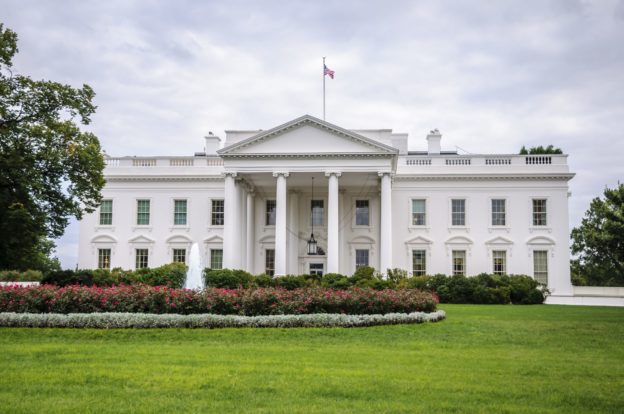
Access to Broadband is a Matter of Racial and Economic Justice
Jarrett Smith
May 28, 2021
President Biden recently released details of his much-anticipated infrastructure plan. It is a bold statement on the direction the President wants to take the country, and it is unprecedented. The President’s plan touts jobs which is an exciting step towards getting many people in the U.S. back to work. President Biden’s plan focuses on increasing access to broadband in our country. At NETWORK, we believe broadband should be a utility, as every aspect of life requires access to the internet, like social services, health care, education, unemployment benefits, and more. The COVID-19 pandemic proved that broadband is an absolute necessity for healthcare and other critical needs in communities across the country.
In NETWORK’s Raising Rural Voices report and national Raising Rural Voices event, lack of internet infrastructure was named as a key issue for communities, as it cuts them off from critical supports. A participant in the Wabasha, MN Rural Roundtable said, “Broadband is now essential to attracting people into the community. Many come with a job and then their spouse needs to work remotely. If there isn’t broadband, it really isn’t possible.” Stories like this emphasize the urgent need for comprehensive broadband investments.
President Biden’s proposal includes the following:
- High-speed broadband – Investment: $100 billion;
- Broadband coverage expectation: 100% coverage;
- Enlists support from local governments, nonprofits, and cooperative broadband communities;
- Providing set-asides for tribal broadband initiatives;
- Provides price transparency for internet providers; and
- Reduces internet prices, instead of subsidizing overpriced services.
Broadband USA recently hosted a webinar to illustrate the economic importance of broadband. According to a report by Professors Indraneel Kumar and Roberto Gallardo, internet providers contributed more than 77,000 jobs and more than $10 billion in economic activity across industries in 2017. So not only is expanding broadband needed for vital social services, it grows an equitable economy by creating jobs.
The path to implementation may be to use best practices developed in states. Virginia’s broadband initiative is a great example of expanding access. The state’s General Assembly passed legislation that simplifies the permitting process for broadband deployment and requires local jurisdictions to show detailed plans as proof for future deployment. This way, broadband service will not just be for the rich part of town. Another piece of Virginia’s broadband policy that could be part of the infrastructure bill requires utilities to lease their unused fiber to jurisdictions for alternative or supplemental use.
NETWORK believes that the new federal broadband policy must include funding and policy regulations to provide high-quality service to all users, whether they live in cities, suburbs, or rural communities. A way to guarantee the same level of service is implementing neighborhood block speed maps. Without block speed maps, the industry contributes to digital redlining, which allocates the best service to those with the highest income in a zip code.
At NETWORK, our Build Anew Agenda is based on four cornerstones inspired by Catholic social justice. A community that offers the same broadband service throughout regardless of economic status is cultivating an inclusive society and rooting our economy in solidarity. NETWORK hopes for the American Rescue Plan broadband subsidy to become permanent. It would help millions of people in the U.S., especially those most in need. It is impossible to be a community committed to inclusivity and economic solidarity without excellent broadband service for all community members.







